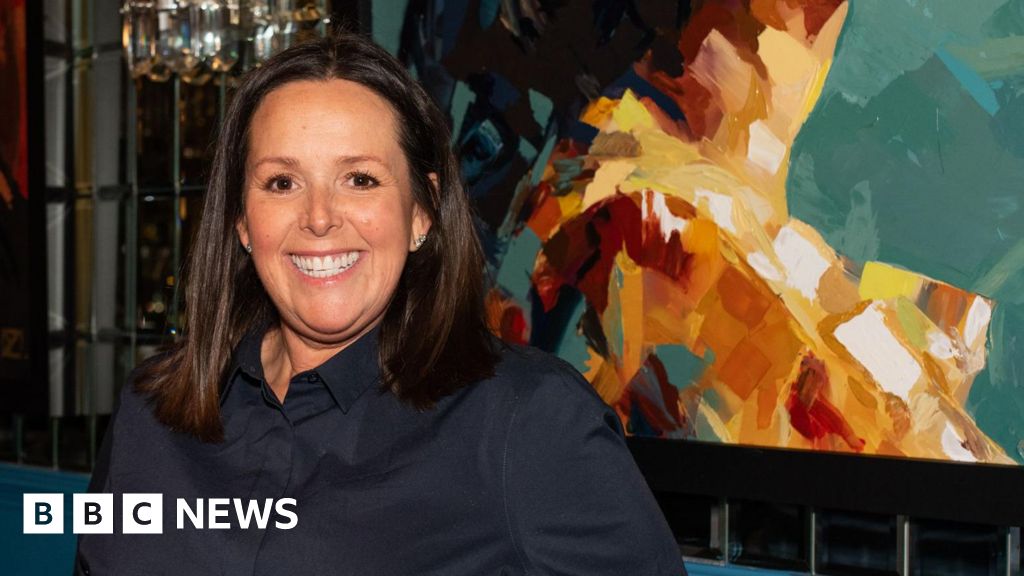CNS market resurgence: a decade-long slump ends with $80bn milestone

In 2025, the central nervous system (CNS) market is forecast to surpass $80bn in sales for the first time since 2013, marking a significant turnaround after a decade of stagnation. This positions CNS as the fifth fastest-growing therapy area in 2025. This resurgence is largely driven by multiple sclerosis (MS) therapies and psychiatric drug innovation, with Roche’s Ocrevus (ocrelizumab) and Novartis’s Kesimpta (ofatumumab) playing pivotal roles. The expected fast growth of the CNS market in 2025 reflects renewed pharmaceutical interest and scientific advancements in the space. A growing focus on neuroimmunology and neurodegeneration is reshaping the landscape, overtaking the traditional dominance of dopamine and serotonin pathways in CNS drug development. Ocrevus, an anti-CD20 monoclonal antibody for MS, is expected to maintain its market leadership in 2025, generating sales of $8.1bn and accounting for nearly 10% of total CNS market sales. The CNS market’s decade-long stagnation was driven by the high cost, complexity, and risk of drug development, which led many pharmaceutical companies to deprioritise the area in favour of more lucrative and predictable markets like oncology, diabetes, and cardiovascular disease. Major failures in Alzheimer’s disease (AD) and amyotrophic lateral sclerosis (ALS), where companies such as Eli Lilly, Roche, and Biogen collectively spent billions on unsuccessful trials, dissuaded further investment. Meanwhile, regulatory hurdles, limited understanding of psychiatric disorders, and unpredictable clinical outcomes made neuropsychiatric drug development unattractive for big pharma, leaving only smaller biotech firms and academic institutions to pursue innovation. This pullback left a void in novel treatments across the CNS landscape. Figure 1: Sales by key therapy area CNS sales, 2013–2025 Source: GlobalData, Drugs Database (Accessed: 20 February 2025). According to GlobalData’s Sales and Forecast Database, CNS sales are projected to increase by 8% from 2024 to 2025, showing the strongest year-over-year growth in over a decade. This growth is driven by strong forecast sales of two anti-CD10 monoclonal antibodies for MS, Ocrevus and Kesimpta. Both drugs have demonstrated high efficacy for controlling relapsed multiple sclerosis (RMS) without major safety concerns, while Ocrevus also benefits primary progressive multiple sclerosis (PPMS) patients. The $82.8bn forecast for 2025 represents a return to pre-2013 levels, emphasizing the renewed strength in the sector. Additionally, psychiatric drug innovation is now playing a key role in the sector’s recovery. The renewed interest in N-methyl-D-aspartate (NMDA) receptor modulators for depression and the resurgence of psychedelic-assisted therapies, which had long been dismissed due to legal and scientific challenges, signal a shift away from conventional serotonin and dopamine- targeted approaches. These emerging therapies offer potential breakthroughs for psychiatric conditions, such as treatment-resistant depression and post-traumatic stress disorder (PTSD), strengthening the market’s long-term outlook.
















